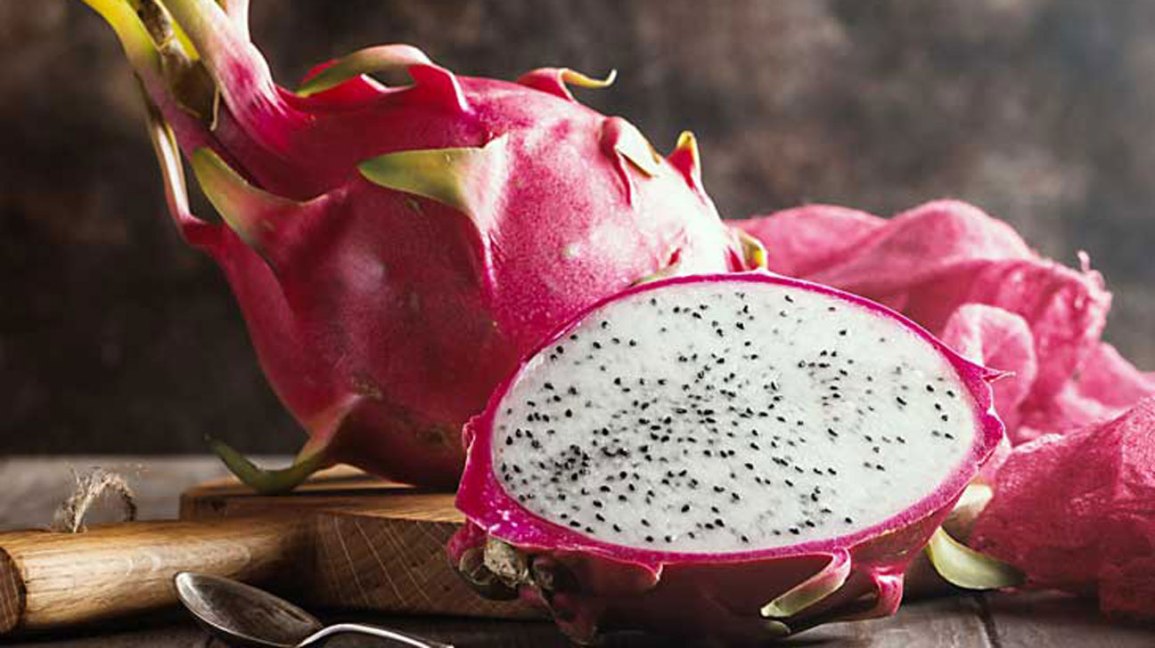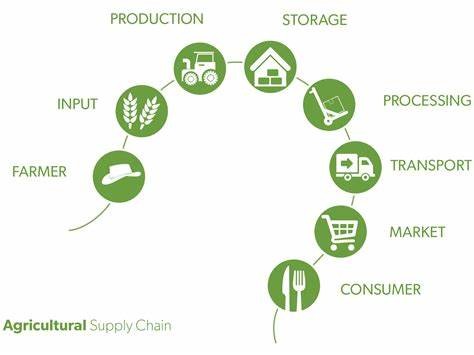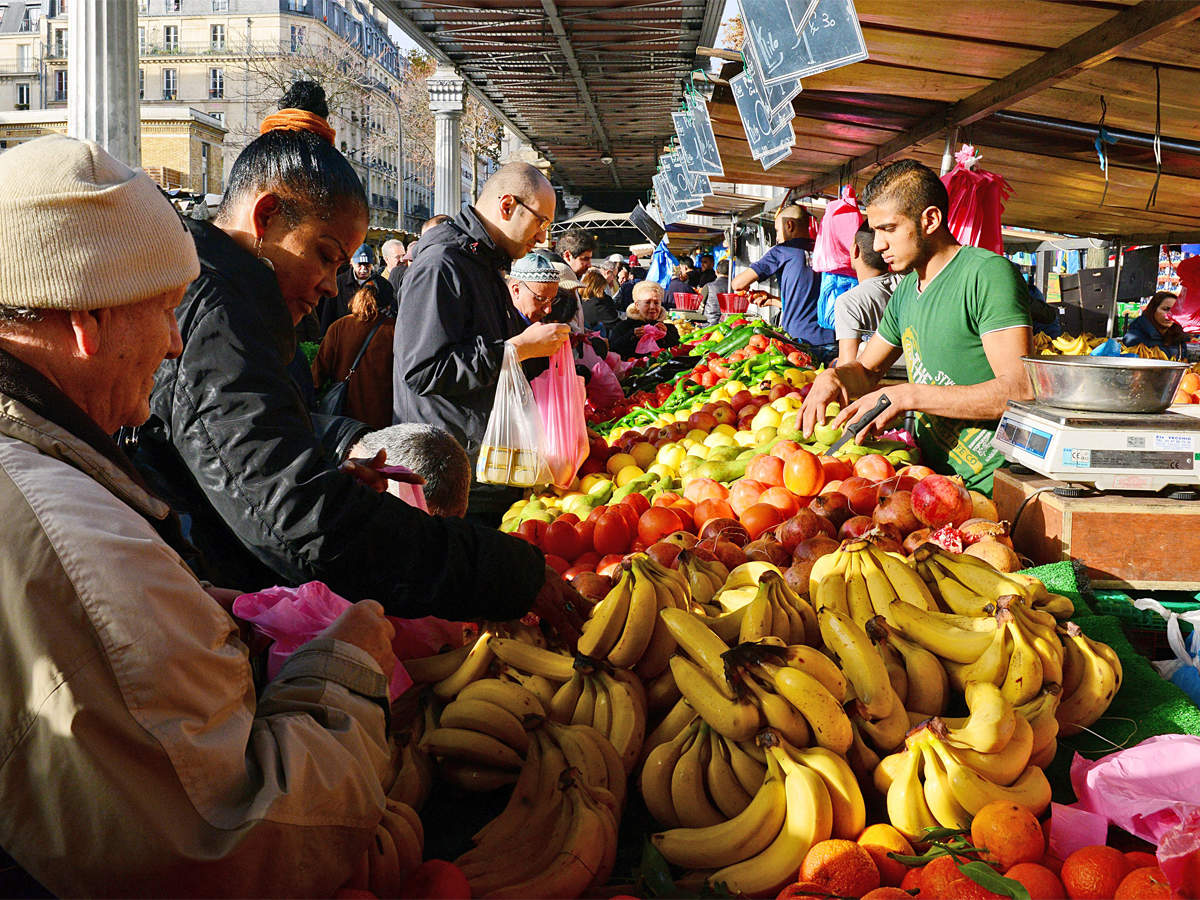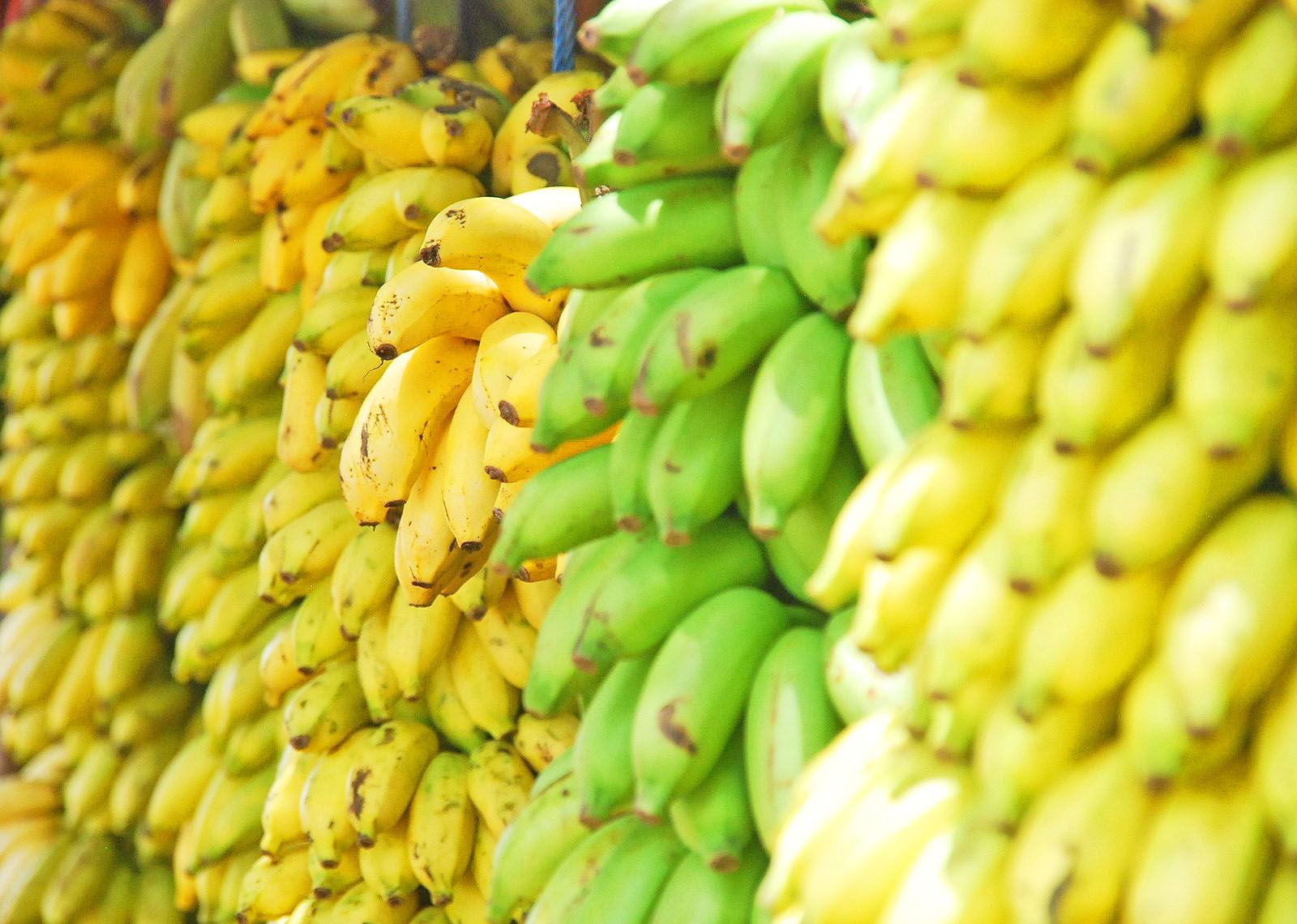In the fresh produce sector, technology and retail innovations abound. From futuristic hi-tech grocery stores, the rise of e-commerce opportunities, culinary innovation centres and revolutionary robotics technology to vertical farming and plant-based food innovations like cauliflower pizza and vegetable steaks.
Ms Jin Ju Wilder, chairperson of the PMA Board of Directors, and Marketing Director of LA & SF Specialty Produce, says in today’s grocery sector in the United States of America (USA) there are too many stores that are exactly alike. “This opens windows of opportunities and we find that there is competition coming from all different places.”
With the focus on convenience, online retailer opened the first cashier-free Amazon Go store in Seattle featuring the world's most advanced shopping technology. There are no lines and no checkout points. Shoppers use the Amazon Go mobile app to enter the store, and Amazon’s “Just Walk Out” technology enables a checkout-free shopping experience. Overhead cameras, weight sensors and deep learning technology detect merchandise that shoppers take from or return to shelves and keep track of the items selected in a virtual cart. When customers leave the store, the “Just Walk Out” technology automatically debits their Amazon account for the items they take and then sends a receipt to the app.
International retail group, Auchan, is also planning to roll-out hundreds of micro-convenience stores in China.
In another convenience store located in Italy, a customer can obtain price and/or nutritional information by conveniently put his/her hand over an item and the relevant information is displayed on a screen.
In another development, the fresh market concept connects shoppers with nutritional answers at the push of a button. Two-way communication screens make person-to-person interaction possible in the same way you will experience interaction at a traditional farmers’ market.
One of the largest and upmarket retail stores in Russia, Lenta, make use of a robot to inform customers about promotions and discounts.
“But not all innovation has to be high-tech,” says Wilder.
Supermarket group Zona Sul in Brazil implemented a fresh-produce experience for customers to pick their own fresh produce. This step proved to be much more than a marketing stunt – the group’s sales increased significantly.
As a point of differentiation to attract new, and retain existing clients, retailers are making provision for meal-creation stations, culinary innovation centres or food-services centres.
E-commerce
“In addition to the technologies and approaches being used in-store, more retailers are trying to convert online shoppers to online grocery shoppers,” says Wilder.
According to accounting and auditing firm, Deloitte, the global grocery sales through e-commerce channels have increased 30% in the past year. China has experienced tremendous growth of 52%, South Korea 41%, UK a healthy 8% and France a healthy 7%. USA experienced 5% growth in e-commerce sales.
Deloitte also found that emerging markets like Africa and parts of the Middle East are on a high-growth path. According to 2016 figures, growth in the emerging markets increased from 0,6 to 1,5%. The rising middle class has contributed to the modernisation of the retail sector and many African countries continue that transition.
According to Forrester Research, a highly influential global research and advisory company, it is estimated that online retail spending around the globe will reach 334 billion dollars within the next five years. Forrester also found that by 2023 online grocery markets will be entering a mature phase in countries like South Korea, Australia, China and the United Kingdom (UK), while India, Brazil Germany, Russia and the USA will be growing markets for online grocery spending.
Taking a closer look at China, this country’s fresh fruit e-commerce industry experienced growth of almost 60% last year. Among foods purchased online, fruit is the most frequently bought with dairy and vegetables second and third respectively. The growth was driven in large by companies like Fruittek/Fruit Day and Yiguo. These are some of China’s biggest fresh produce shopping sites and they are backed by e-commerce giants, JD.com and Alibaba respectively.
Fruit Day is reshaping China’s online shopping with extra-fast deliveries. The company promises their Shanghai customers that they will deliver fruits in the Shanghai area within 1 and 29 minutes from ordering so that the fruit is still fresh when delivered.
It is estimated that by 2023, 25 million people will buy fresh produce online. According to Mr Tim Steiner, chief executive officer of the successful British online supermarket, Ocado, they have the highest penetration of fresh fruit sales of any retailer in the UK. An estimated 44% of what they sell every week comes out of the fridge side of the warehouse. When you add in fresh bakery and produce like potatoes and bananas, over 50% of their sales are fresh.
Online grocery shopping in SA
“While here in South Africa e-commerce spending is small, there is potential for growth,” says Wilder
In South Africa overall e-commerce spending is increasing, even for online grocery spending. There was an increase of 7% on online grocery shopping and an estimated 38% of consumers bought groceries online. Consumers visit online grocery sites on an average of two times per week. Interestingly, 84% of online shoppers use smartphones during various stages of the purchasing process.
Technology
According to a report, African Agtech Market Map and The Seed Project, there are at least 99 technologies changing the picture of agriculture with innovation across all sectors from farm to fork.
“While technology is a key a component of some of the ideas in retail, technology is changing the way fruit, vegetables and floral are being purchased,” says Wilder.
“Technology is also having a more immediate impact on our labour as the industry has seen a lot more investment and growth in robotics and automation across the industry.”
The adoption and integration of technology to become more efficient and deliver faster is one of the drivers of success of the British online store, Ocado. The company automated their warehouse operations with a fleet of robots. It used to take them about two hours to gather and package 50 food items. With the help of robots, it now only takes five minutes.
Over the past three years, there has been an increased presence of robotics in the industry. Robotic technologies are implemented for strawberry and broccoli harvesting and plant grafting. A current research project is looking into technology to develop an automatic slicer that will cut broccoli florets in the field. Drones are increasingly used to improve warehouse efficiency and inventory control efficiency in the fresh produce industry.
In the UK, Ocado has been a pioneer in the use of robotics and automation alongside its human workforce. The retailer built a humanoid robot called SecondHands to improve warehouse efficiency. SecondHands can understand speech and handle fruit and vegetables without damaging the products.
Research teams in the USA and Japan have developed robotic bees to address pollination needs as worldwide bee populations continue to decline.
“But not all technology innovations have to be sizeable capital investments. Sometimes smaller investments can improve efficiencies,” says Wilder. An example is of a smaller investment to improve efficiency is a custom-built, GPS-operated wheelbarrow that can transport grapes from one location to a truck.
Vertical and indoor farming
Technology is closely intertwined with science. Other innovations like vertical and indoor farming are attracting more interest. Both vertical and indoor farming operations offer sustainable solutions to environmental and natural resource constraints.
In a pioneering pilot project in the USA, basil plants are grown inside shipping containers where scientists are experimenting using algorithms to optimise the flavour of the plants. An emerging trend in the fresh produce market is that growers (including vertical and indoor farming operations) are working together with food chefs to grow produce according to consumers’ desires for more flavour or specific colours.
On the science side, researchers are unpacking how plant genetics can support the industry to create, for example, new varieties in the market.
A tiny snip from the leaf of a sprout, gives geneticists a clear picture of the plant’s potential. Molecular markers highlight genes associated with desirable traits, such as yield, quality and disease resistance. Markers are used in selecting the parents for the initial cross, as well as in several successive generations.
Seedlings with multiple desired traits are cultivated into adult plants. To speed up the process further scientists can now chip and test some seeds before germination.
Talent management
“With all the benefits that technology can bring, we know that we will need talented people – those that can learn and adapt and use new technologies,” says Wilder.
According to a report by the World Economic Forum, five years from now, more than a third of the job skills considered important in today’s workplace will have changed.
In moving the fresh produce industry forward, some of the critical specialist skills required include the technical, ergonomics, artificial intelligence and genetics disciplines.
PMA’s recognises the importance of developing talent and skills. Their Center for Growing Talent provide industry-specific solutions to attract, develop and retain talent in the Fresh Produce Industry.
A far-reaching business trend is the development of the so-called “social enterprise”. The 2018 Deloitte Human Capital Trends Report titled: The rise of the social enterprise, states that businesses are entering a new paradigm for management which considers a company less as a “company” and more as an “institution”, integrated into the social fabric of society.
Consumer trends
Wilder highlighted the research PMA conducted into how South African consumers can use more can fresh fruits and vegetables in their diets. The research confirmed that food choices have function, based on the consumers’ needs at a specific moment. For South Africans, fresh fruit provides an emotional connection and is often eaten alone. Vegetables are viewed differently. Fresh vegetables provide a functional connection and are often eaten as part of a dish. It is regarded as versatile and used for its nutritional and vitamin content. Cooking and the time it takes to cook make it a less popular choice for consumers.
For the fresh produce marketing sector in South Africa, it is important to know how social media opportunities in the country are changing and expanding. The social media user-base increased 10 percent from 2015 to 2016. Daily use of social media is almost 3 hours, even more than the time spend watching television. Facebook is used by one-quarter of the population, with 77% accessing it via mobile phones. Instagram also doubled its user-base in 2016.
Social media brand-marketing do matter to South Africans. A solid 77% percent of consumers find social media posts from brands to be influential.
Globally, one of the major trends developing in the food industry is the preference towards meal-kits. The meal-kit market is growing three times faster than other channels and it is expanding across all channels, not only on-line channels.
The global trend towards plant-based food products is increasing significantly. It is estimated that sales in plant-based foods will increase to 5 billion dollar by 2020. The reasons for the growth in this market segment is based on, among other reasons, consumers’ sustainability concerns, nutritional and weight concerns.
The demand for plant-based foods provides chefs and food scientists and technologist with opportunities to design exciting menu options, including vegetable steaks, burgers and even cauliflower pizza – the crust of the pizza is made with cauliflower and offer nutritional value as it is low-carb and gluten-free. Studies show that plant-based foods are mainly driven by the Millennials who are willing to spend more money on “lifestyle” food.
Wilder emphasises the fact the consumer mindsets are changing and fresh produce companies must grab the opportunity to tap into the changing consumer-market.
This article comes from a presentation given by Ms Jin Ju Wilder at PMA’s Fresh Connections: Southern Africa Conference and Trade Show on 15 August 2018 in Pretoria, South Africa.
 English
English 






